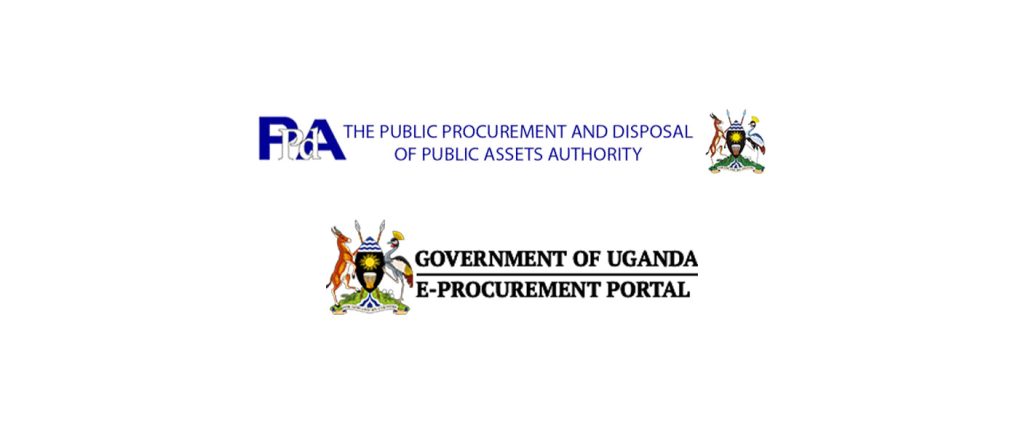Introduction
During my career journey, I have had the opportunity to attend numerous courses and training sessions, some in a classroom setting and others online.
While pursuing a Leadership Course from the UK-based FutureLearn, an online learning platform on which I have taken several Business Management Courses, I came across the concept of keeping a learning log, which other people call a learning diary.
What is a Learning Dairy?
A learning diary is an effective tool that can help you reflect on and record your learning experiences. It can assist you in tracking your progress, setting goals, and identifying areas for improvement. This personal document can be an excellent resource for self-directed learning, as it allows you to document your insights and reflections.
A learning diary collects notes, observations, thoughts, and other relevant materials built over time and may result from a study period. It aims to enhance your learning through writing and thinking about your learning experiences. Your learning diary is personal to you and will reflect your personality, preferences, and experiences.
Why use a learning diary?
- To provide a “live” picture of your growing understanding of a subject experience.
- To demonstrate how your learning is developing.
- To keep a record of your thoughts and ideas throughout your experiences.
- To help you identify your strengths, areas for improvement, and preferences in learning.
- Keep a record of your work in your workplace, placement, or part-time job.
- Note any existing skills you develop, new skills you learn, and important lessons.
- Identify areas you would like to improve.
What is reflective learning?
Reflective learning is a learning process that requires time and practice. It is an active process involving thinking about the issues, asking questions, and seeking relevant information. Reflective learning works best when you reflect on what you are doing before, during, and after your learning experience.
Reflective learning is, therefore, about recognizing something new and seeing reality in a new way. Reflection is an important skill to develop and requires you to think about how you are personally relating to what is happening in the training or your work.
Suggestions about reflective learning diary:
- Write in your learning diary regularly, even if individual entries are sometimes short.
- Use questions or prompts to help you focus on the task.
- Avoid descriptive writing – take an analytical approach.
- Use mind mapping, diagrams, sketches, or cartoons. Use color to make these more engaging and memorable.
- Review the entries you’ve written to see if you can find themes and recognize the longer-term action you might need to take (e.g., to improve a particular study skill)
- Remember that writing itself can be used as a learning tool: you can use writing to explore Ideas as a way of understanding them.
- Remember that there are no right or wrong answers; be honest, open, and direct – reflection is most effective when you can be yourself.
When you attend training, it is handy to keep a learning log to help you record essential concepts useful for your work and professional growth.
At the same time, you would not want to get so distracted from the training session because you have to write constantly.
A simple solution is to use a learning log, a notebook, or a document on your computer, tablet, or mobile phone. In modern times, several apps are helpful for short notes. One of these apps that caught my attention is Google Keep.
This app lets you quickly capture what’s on your mind and get a reminder later at the right place or time. You can also speak a voice memo on the go and have it automatically transcribed.
Since its launch in 2013, Google Keep has been available on the web and works well on Android and iOS mobile operating systems.
It offers a variety of tools for capturing essential notes, including text, lists, images, and audio.
Some helpful blogging and journaling tools such as Wix, Blogger, Tumblr, and WordPress have designs suitable to be updated regularly.
Therefore, they can also act as good places to keep your notes. At some point, you may share your thoughts with the public as a blog article.
Several other smartphone journaling apps have been developed and exist in the Google Play Store. One of them which you can investigate is Day One.
Other Note-taking tools and apps like Shrib or EverNote are also handy.
Several free portfolio tools are available, including PortfolioGen, PathBrite, FolioSpaces, and many other places where you think keeping a learning log or portfolio could be helpful. You may have already had a chance to use some of the tools.
Significance of Keeping a Learning Diary/Log
A learning diary is a personal record of your learning, allowing you to record, structure, think about, reflect upon, plan, develop, and evidence your knowledge.
While putting together a learning log, you should highlight what you have been doing and what you feel you have been able to take away from the training. It also helps you capture how you think you might be able to bring this forward and put it into practice in your personal and work life.
You can use apps like Google Keep as your learning diary, which has personal notes that record your experiences, thoughts, feelings, conclusions, and reflections. Because of its nature, there is no right or wrong structure for constructing a learning diary.
However, to take a more structured approach to this process, there is a framework you might use:
Sample Learning Dairy
| Date. | Activity/What I Read & Why. | What I Learnt from This | How I Have/Will Use This |
| 3rd January 2024 | Attended training on Management, Leadership & Supervisory Skills | I’m able to reflect On Actions & Lessons Learned from a workout, workshop, or networking event | I will start my learning log as an action plan to record important lessons, events & best practices |
Conclusion
It’s essential to have a method for capturing your thoughts when embarking on a learning journey. You can use a learning log to record courses you’ve taken, books you’ve read, discussions you’ve had, websites you’ve visited, and TV programs you’ve watched.
A good diary will help you develop your thoughts into meaningful actions. Before starting your learning journey, consider how you will capture your ideas. It will enable you to record all the valuable and exciting aspects of the topic, the questions that arise, and the actions you’ll take to develop or apply what you’ve learned.
Additionally, you may find some note-taking apps helpful for future reference and action.





